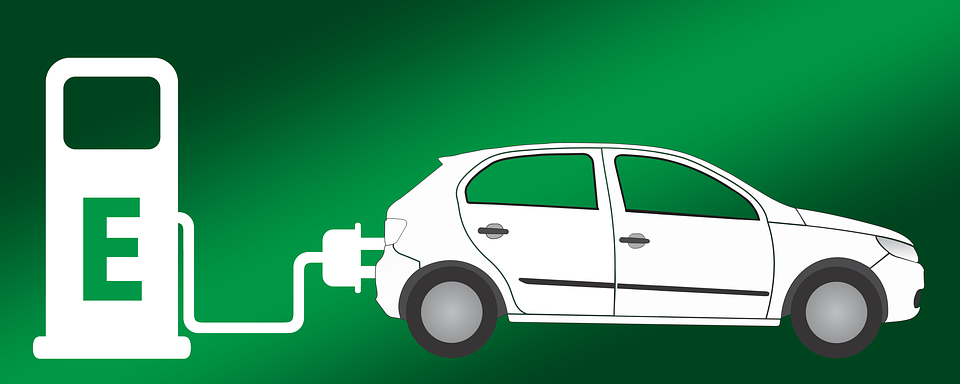Earlier this year, India announced that it would end sales of gas and diesel cars and boast of a 100% electric vehicle fleet by the year 2030. According to a study conducted by Niti Aayog, this conversion will help India reduce its fuel costs by $60 billion and simultaneously cut down carbon emissions by one gigatonne. Of course, these benefits are only the tip of the iceberg. Reduction in vehicular pollution will definitely help cities like Delhi in becoming more lung-friendly. Consequently, this will also help in the reduction of respiratory diseases in the country.
How Realistic is the 100% Electric Vehicle target?
One crucial roadblock to ensuring a smooth transition to electric vehicles is the current infrastructure in place. Before electric vehicles can become a country wide phenomenon, the government needs to ensure that electric vehicle charging stations are easily accessible.
In a recent interview with the media, Jose Roman, Corporate VP and Global Head of Nissan owned Datsun, said that the responsibility of building this infrastructure must be shared by car companies, the government as well as the customers. He was uncertain about whether India will be able to achieve its country-wide target by 2030 but was optimistic about 100% conversion in the major cities.
India’s Current Electric Vehicle Scenario
According to Autocar, India is way behind other countries in the quest to sell 100% electric vehicles by 2030. Taking a closer look at domestic demand, over 200 thousand passenger vehicles were sold in India in July alone. Whereas the total annual sale of electric vehicles in India in 2015-16 was a mere 22,000.
Clearly, India has a long way to go before it fulfills the dream of achieving 100% electrification in vehicles. The Bombay Electric Supply and Transport(BEST) recently procured four electric city buses. The transport entity will soon deploy these buses in suburban Mumbai and this is a great step. But the government has to adopt measures aimed at supporting countrywide electrification.
The major obstacle India faces is the lack of proper infrastructure. Consumers cannot purchase electric vehicles unless there is a countrywide network of electric vehicle charging stations. And currently, the total number of such charging stations is one.
Ola Partners with IOC to Launch India’s First Electric Vehicle Charging Station
Cab aggregator Ola, in association with Indian Oil Corporation(IOC), has set out to help India overcome its EV infrastructure obstacles. This month they inaugurated India’s first electric vehicle charging station at one of Indian Oil’s petrol/diesel stations in Nagpur.
Murali Srinivasan, Executive Director of Indian Oil stated that IOC “considers promoting ecological sustainability as part of its core business”. He also appreciated Ola’s efforts to help build a robust eco-system for electric vehicles in India.
For more on the Ola-IOC partnership and to obtain a detailed understanding of why Ola is keem on entering the EV space, please refer to this article.
Join with us to save environment, to know more, simply fill out the form below or click here or call +91-920-569-5690 and we’ll do the rest:

